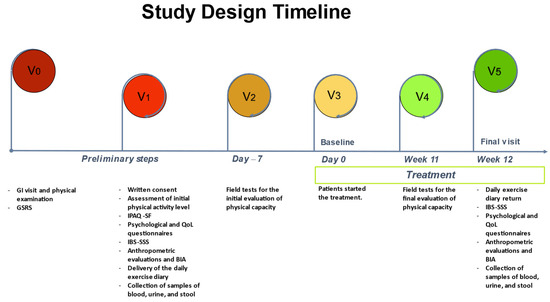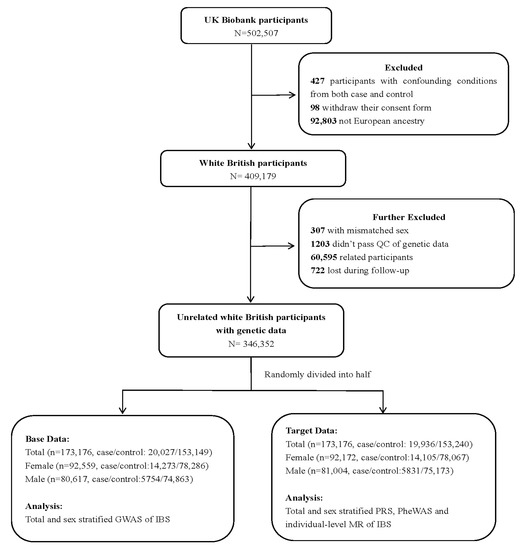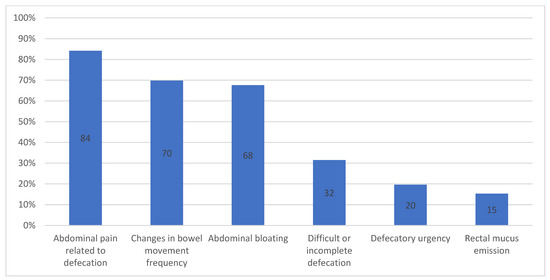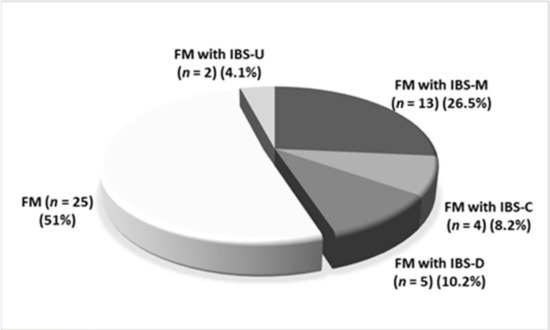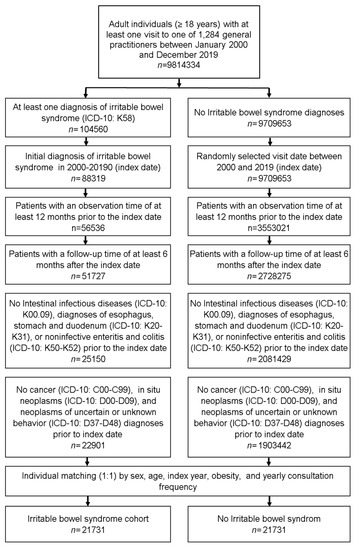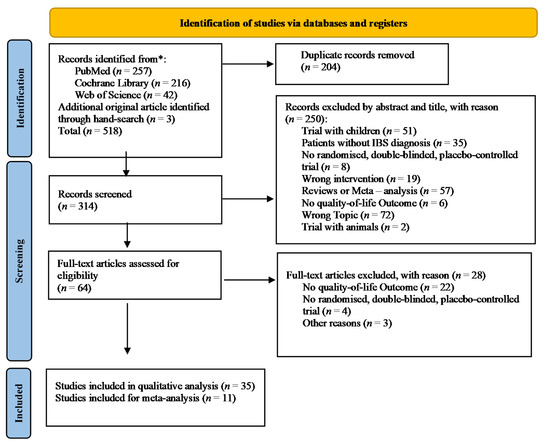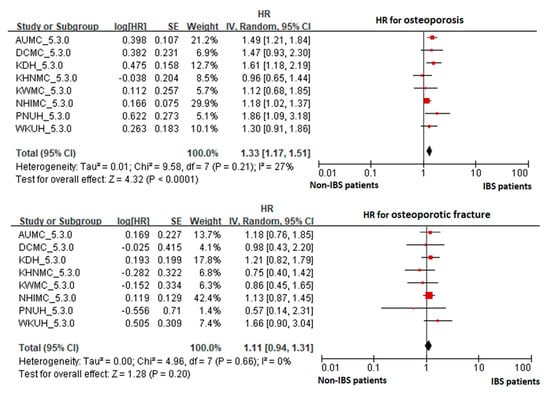Latest Research in Irritable Bowel Syndrome (Closed)
A topical collection in Journal of Clinical Medicine (ISSN 2077-0383). This collection belongs to the section "Gastroenterology & Hepatopancreatobiliary Medicine".
Viewed by 30074Editor
Interests: colonic motility; constipation; irritable bowel syndrome; functional gastrointestinal disorders; diarrhea; infectious diarrhea; celiac disease; inflammatory bowel diseases
Topical Collection Information
Dear Colleagues,
Irritable bowel syndrome (IBS) is a frequently encountered daily condition in clinical practice, yet we are still quite uninformed on many aspects—both pathophysiological and therapeutic—of this syndrome. The recent Rome criteria raised some controversial issues, and there are several pathophysiological studies exploring the possible basic mechanisms of this condition. Additionally, the pharmacological research is quite active in this field, and several new options are now available for IBS patients, in addition to those in the pipeline for the coming years. This Topical Collection aims to present the latest research in the IBS field, from physiological, pathophysiological, and therapeutic points of view, to provide recent insights into this fascinating entity.
Prof. Dr. Gabrio Bassotti
Collection Editor
Manuscript Submission Information
Manuscripts should be submitted online at www.mdpi.com by registering and logging in to this website. Once you are registered, click here to go to the submission form. Manuscripts can be submitted until the deadline. All submissions that pass pre-check are peer-reviewed. Accepted papers will be published continuously in the journal (as soon as accepted) and will be listed together on the collection website. Research articles, review articles as well as short communications are invited. For planned papers, a title and short abstract (about 100 words) can be sent to the Editorial Office for announcement on this website.
Submitted manuscripts should not have been published previously, nor be under consideration for publication elsewhere (except conference proceedings papers). All manuscripts are thoroughly refereed through a single-blind peer-review process. A guide for authors and other relevant information for submission of manuscripts is available on the Instructions for Authors page. Journal of Clinical Medicine is an international peer-reviewed open access semimonthly journal published by MDPI.
Please visit the Instructions for Authors page before submitting a manuscript. The Article Processing Charge (APC) for publication in this open access journal is 2600 CHF (Swiss Francs). Submitted papers should be well formatted and use good English. Authors may use MDPI's English editing service prior to publication or during author revisions.
Keywords
- Irritable bowel syndrome (IBS)
- Constipation-predominant IBS
- Diarrhea-predominant IBS
- Mixed/unspecified IBS
- Pathophysiology: recent advances
- Therapy: recent advances






